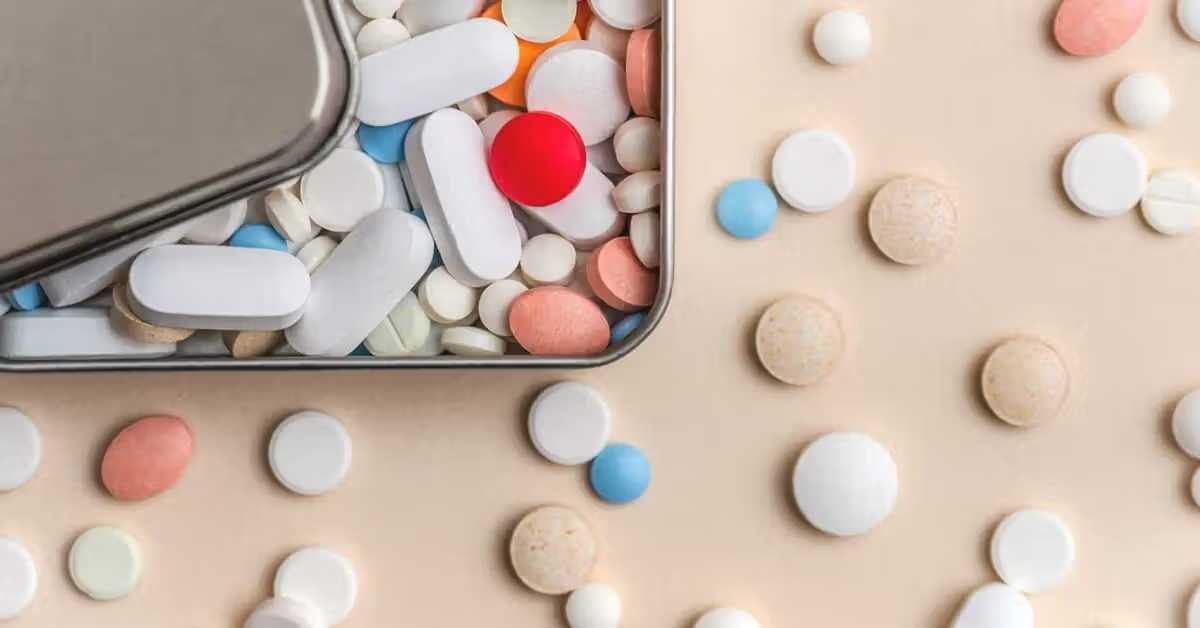Drink Carbonated Drinks After Tooth Extraction is a common concern among patients. Having a tooth removed is a routine dental process, but the aftercare is just as critical for prompt healing and preventing issues. One common question is, “How soon can you drink soda after tooth extraction?” This story examines the science of post-extraction recovery, offers advice on when to drink fizzy drinks, and addresses related questions using medically supported information.
Understanding the Healing Process After Tooth Extraction
Once a tooth is removed, your body begins a natural healing process. A blood clot develops in the empty socket to shield the bone and nerves underneath. This is the clot necessary for healing, and if anything loosens it, you could get a dry socket, an extremely painful complication that delays healing.
The first 24–48 hours the body attempts to create this protective clot. You would want to avoid some food and drink and that would also include any carbonated beverages.
Why Carbonated Drinks Can Be Harmful Post-Extraction
Soda pops have carbon dioxide gas which makes burping bubbles that can hurt snatch the gum. The carbonation and pressure could disturb or dissolve the blood clot, leading to dry socket or infection.
Plus, a lot of sodas are acidic and sugary. Acid may begin to erode the soft healing tissue, and sugar feeds bacteria, which could cause infection or gum irritation.
Recommended Timeline: When Can You Safely Resume Fizzy Beverages?
First 24 Hours – Absolutely Avoid
In the first day after your extraction:
- Avoid all fizzy, hot, or alcoholic beverages
- Do not use a straw (it creates suction and can dislodge the clot)
After 48 Hours – Proceed with Caution
Some dentists may allow mild carbonated drinks after 48 hours if healing is progressing well, but it’s generally best to wait longer. Every person heals at a different pace.
After 5–7 Days – Safer Period
If there’s no swelling, pain, or signs of infection:
- You may begin to sip carbonated beverages without a straw
- Use room temperature drinks to avoid shocking the extraction site
- Opt for sugar-free options to reduce bacterial growth
Dentist Recommendations and Scientific Guidance
Most dental professionals advise patients to avoid carbonated drinks for at least one week post-surgery. Here’s why:
- Carbonation creates pressure inside the mouth
- Acid and sugar increase the risk of bacterial infection
- Recovery can be delayed if the clot is lost early
Tip: Always follow your specific dentist’s post-operative care plan, as they’ll base their instructions on your oral condition and procedure type.
What to Drink Instead During Recovery
Here are safer alternatives while healing:
- Cold or room-temperature water (hydration is key)
- Milk (soothing and rich in nutrients)
- Non-acidic herbal teas (like chamomile)
- Electrolyte drinks (sugar-free versions only)
Avoid drinks like:
- Orange juice (acidic)
- Coffee (hot and dehydrating)
- Alcohol (interferes with healing)
Dry Socket and Carbonated Drinks: What’s the Link?
Dry socket occurs when the blood clot is removed too early or never forms. Symptoms include:
- Severe pain
- Bad breath
- Unpleasant taste in the mouth
Carbonated drinks, especially when consumed with a straw or in large gulps, increase this risk by:
- Dislodging the clot via fizz or suction
- Irritating exposed bone and nerve endings
- Feeding harmful bacteria with sugar
For more blogs and insights on the digital world, visit Technologiia.com.
Symptoms to Watch For After Drinking Soda
If you accidentally drink a carbonated beverage too early, monitor for:
- Sharp pain at the site
- Swelling or redness
- Bad taste in the mouth
- Delayed healing (if the gum isn’t closing)
In such cases, contact your dentist immediately.
Final Tips: How to Protect Your Healing Socket
- Wait at least 5–7 days before trying any carbonated drink
- Avoid straws completely until the site fully heals
- Rinse your mouth with saltwater after each meal
- Stick to soft, cool foods for the first few days
- Brush gently near the extraction site
Conclusion: Is It Worth the Risk?
As tempting as it might be to immediately crack open a can of soda following your procedure, it’s important to focus on giving your body the chance to heal. Fizzy drinks are the enemy, date-wise. Gas-producing carbonated beverages should be avoided during your wisdom tooth surgery recovery, Schlosser says. If you don’t, you may regret it. Take the professional advice and allow your mouth the time it requires to make a full recovery.



